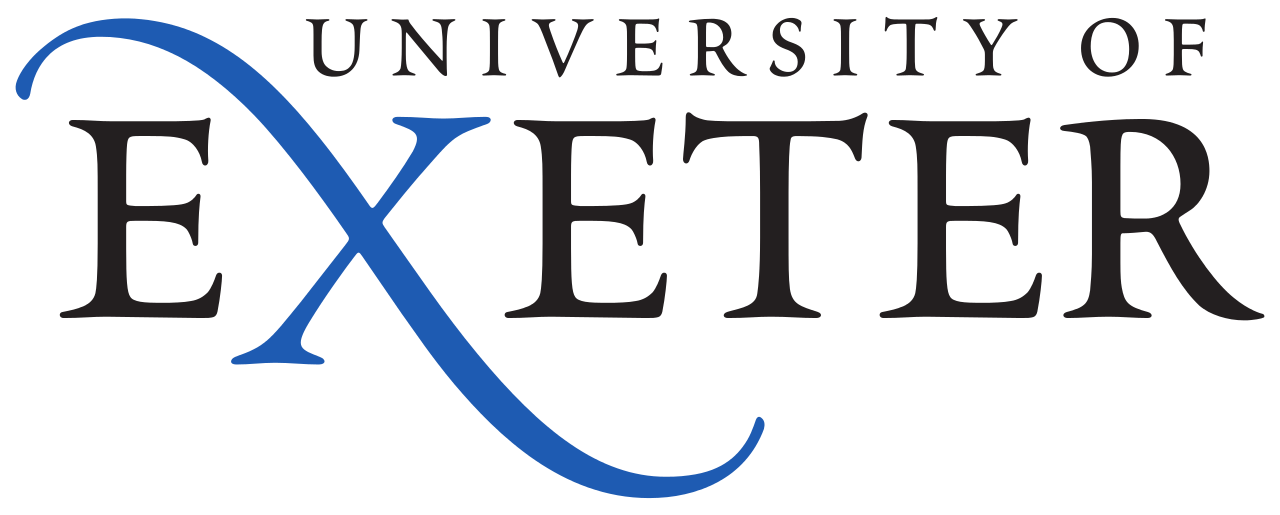An overview of the funding and funded support available to you in your studies. Advice about how and when to apply for this support.
Background
General Student Finance (e.g. tuition fees and loans)
Students are often eligible to apply for a loan which can help to pay for university tuition fees and to help with living costs. Funding arrangements differ depending on the personal circumstances of the student and the chosen course. This process can take a long time so we would recommend applying early to give you the best possible chance of having funding in place in time for the start of your course.
You can find government information here, and find lots of advice about your finances on our Students’ Guild finance pages.
If you have further questions, you can ask our Advice Service.
Disabled Students’ Allowances
Disabled Students Allowance (DSA) is government funding intended to cover the extra costs of having a disability, long-term condition, mental health condition, or specific learning difficulty such as an autistic spectrum condition, dyslexia or dyspraxia. You can apply to your funding body (e.g. Student Finance England) for DSA. More information about DSA and a step-by-step guide about how to to apply can be found here.
NB: We recognise that not everyone who is autistic would use the word ‘disabled’ about themselves. However, Disabled Students Allowance (DSA) is the main way to access support for your study needs at the start of your course and beyond, so it is important to know all about it.
Most autistic students who have been officially diagnosed with an autistic spectrum condition, and are studying on an eligible course, are entitled to DSA – it is not related to any other benefits (even DLA or PIP) or means-tested.
DSA can help with the cost of any additional support you might require whilst studying, such as:
- One-to-one support (such as a specialist mentor)
- Specialist equipment (including useful software, such as mind mapping to help you make sense of a topic)
- Travel (like getting taxis when public transport is challenging)
DSA won’t cover costs that all students would have to pay for, like buying textbooks or standard laptops or tickets for the bus to and from university.
DSA is not paid directly to the student. Instead, the funding pays the providers of the equipment and support directly.
How could this affect me?
Autistic students who claim DSA are less likely to drop out of university and more likely to achieve their full potential.
Whether or not you received, or felt you needed support during school or college, university life is very different from the type of study you have been used to and getting the right support in place can make your life a lot easier. DSA is intended to level the playing field for students who have disabilities, long-term conditions, mental health conditions, autism and specific learning difficulties like dyslexia and ADHD.
Students in our Autism&Uni surveys who told the university about their autism and got support early in their course were more likely to enjoy their time at uni and graduate with good grades than those who didn’t get any support.
The timing of the support is important too – students who had all their support in place before the end of the first semester had a much better experience than those students who did not access support. This means applying for DSA as early as you can is a very good idea – it doesn’t matter if the university you end up going to changes.
You can also choose to access support at any point throughout your studies, even if you haven’t previously told the university about your autism, or you receive a diagnosis of autism following commencement of your studies.
Your support can also be reviewed and amended at any time if you find your needs have changed during your course or the support you have in place is not really working for you. Your AccessAbility Adviser is available for you to contact at any point.


 Back
Back